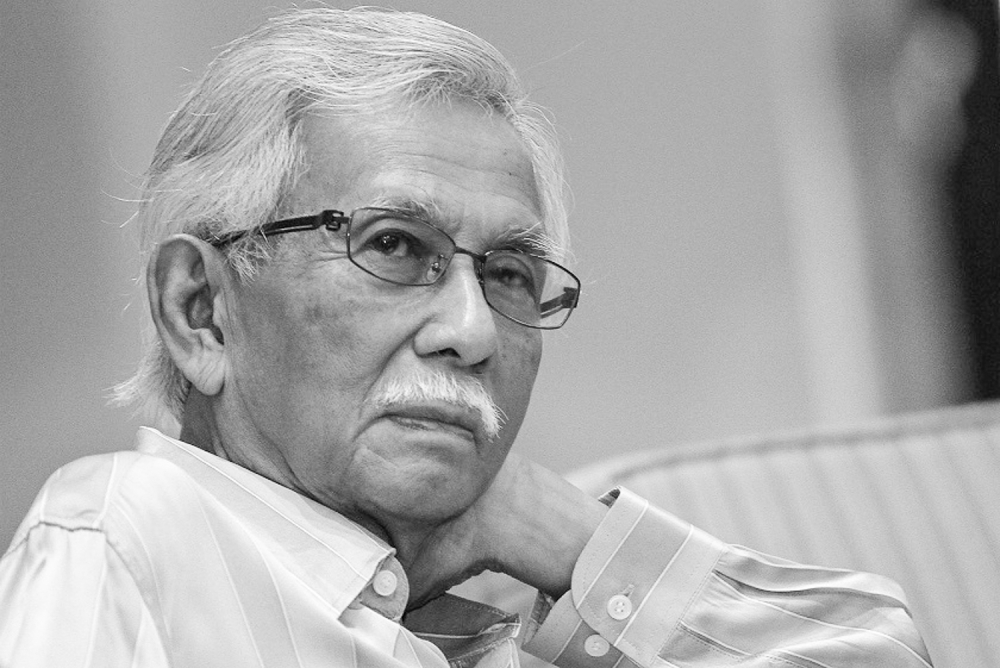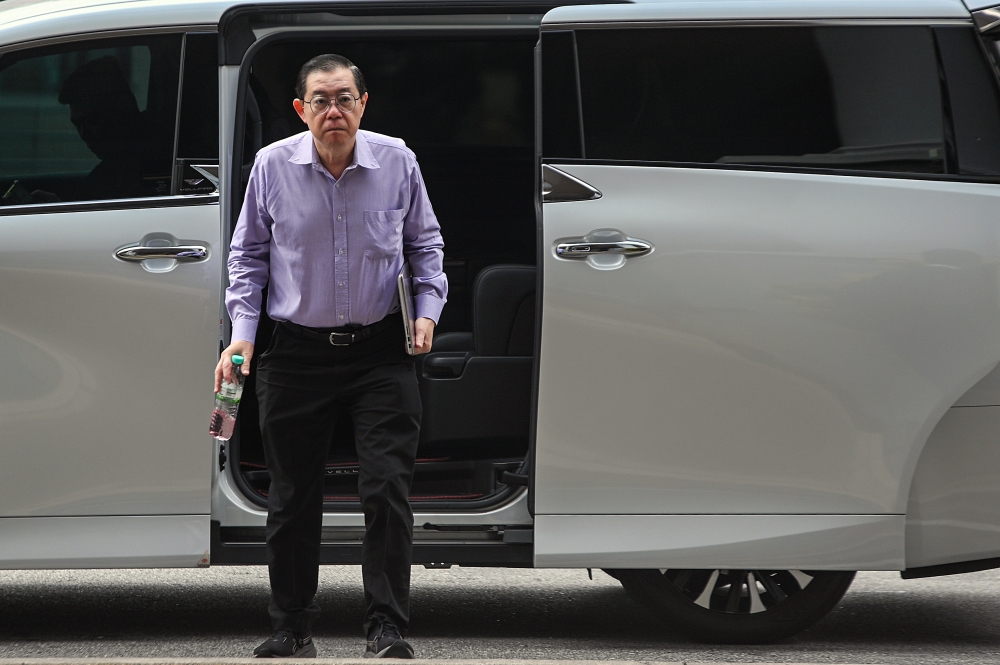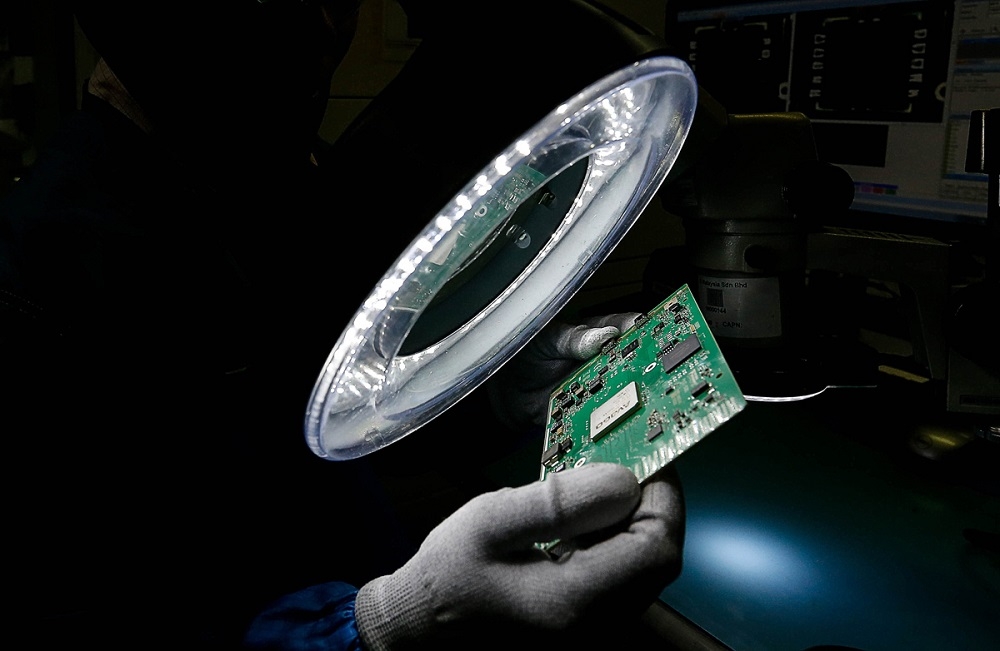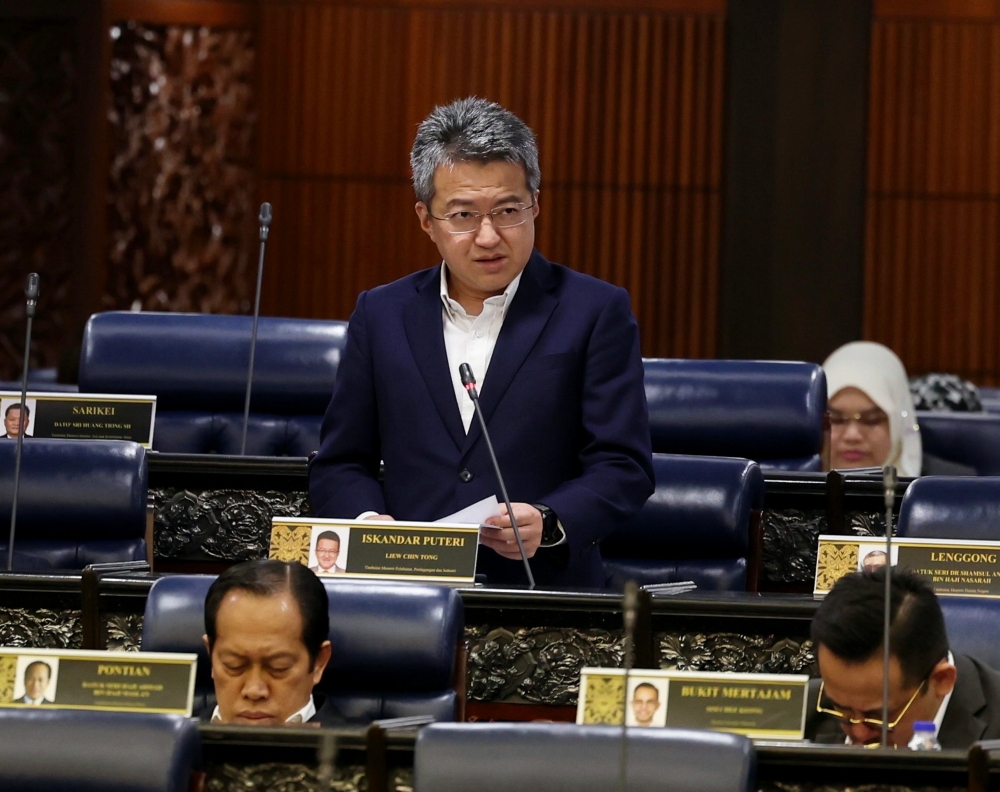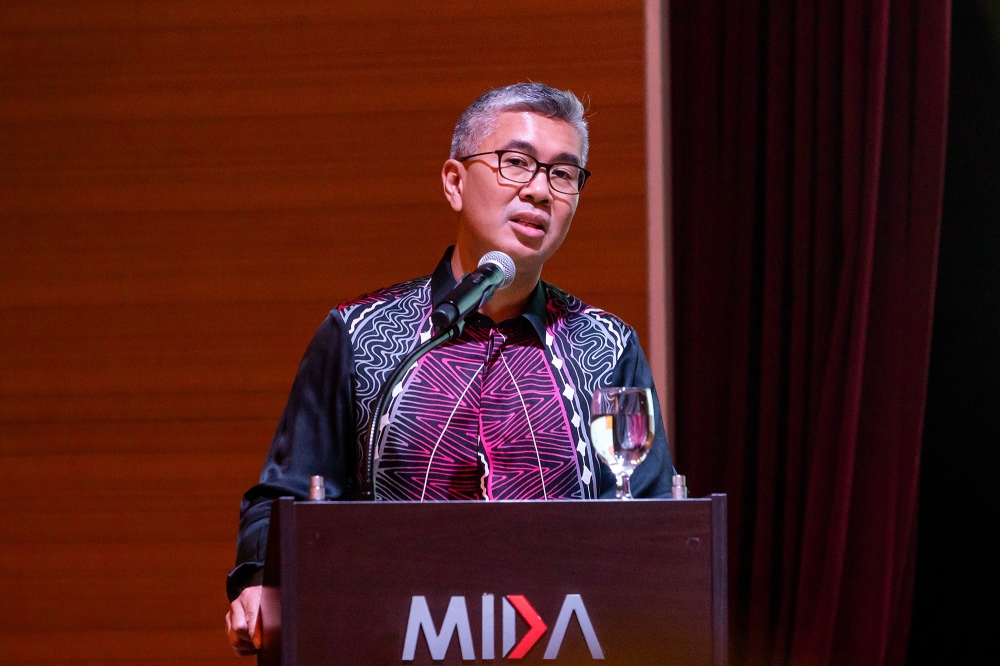KUALA LUMPUR, March 11— Malaysia has reportedly emerged as an unexpected destination for the global semiconductor industry, inching out the conventional favourite China amid companies’ bid to protect its geopolitical interests.
United Kingdom-based business newspaper Financial Times reported that dozens of companies have set up operations in Peninsular Malaysia in the last 18 months, especially in Penang, such as American chip giants Micron and Intel, European semiconductor companies AMS Osram and Infineon, and Suzhou-based Fengshi Metal Technology.
“It’s a rush. It’s not only Chinese companies [setting up in Penang]. It’s Korean, it’s Japanese, and it is Western.
“And all of this is related to the tech war between the US and China,” US parts supplier Kemikon’s chief executive Marcel Wismer was quoted saying.
Meanwhile, David Lacey, a Penang-based executive for Swiss-based AMS Osram — which was among the first overseas firms to establish a presence in Penang — told the paper that supply chain diversification had started with the pandemic but “the geopolitical [backdrop] is causing people to find alternative locations and sources”.
The report said Malaysia has been part of the “back end” of the semiconductor manufacturing supply chain for the past five decades — being involved in packaging, assembling and testing chips — but is now attempting to move up the value chain and involve itself in higher-value activities such as wafer fabrication and integrated circuit design.
Investment in Penang has been booming with RM60.1 billion in foreign direct investment in 2023, more than the total it received from 2013 to 2020 combined — leading to among others an increase in prices of industrial land from about RM50 per square foot in 2022 to as much as RM85 per square foot, according to real estate firm Knight Frank Penang’s executive director Mark Saw.
Among the new players in Penang include Chinese companies, leading Malaysia Semiconductor Industry Association president Datuk Seri Wong Siew Hai to caution of a future where the US may put products and equipment built in Malaysia on the restricted list.
“Further restrictions will probably prove counterproductive, especially considering the significant presence of US companies in Malaysia,” said the Minister of Investment, Trade and Industry Datuk Seri Tengku Zafrul Aziz, who pointed to the “question mark” of what else can the US do.
FT also cited Prime Minister Datuk Seri Anwar Ibrahim saying that developing Malaysia’s semiconductor industry and workforce into higher-value manufacturing is a “critical goal”.
Anwar was also quoted acknowledging a degree of past “complacency” in boosting the semiconductor industry after the initial boom in the 1970s and 1980s.
He also said that Putrajaya has directed the Ministry of Investment, Trade and Industry to look into what other countries are offering to stay competitive.
In January, its minister Tengku Zafrul had said that Malaysia’s semiconductor export is set to reap the benefits from higher global demand.
He said Malaysia is seeing the benefits coming from the electrical and electronics (E&E) sector, especially from the chips and semiconductor sector, and the nation’s policy on “active neutrality” between the United States (US) and China is very important as Malaysian companies are looking for supply chain resiliency.







